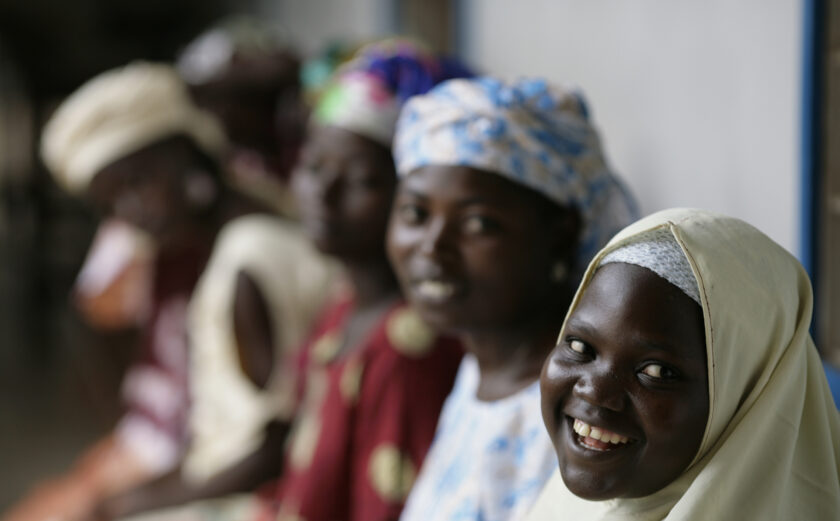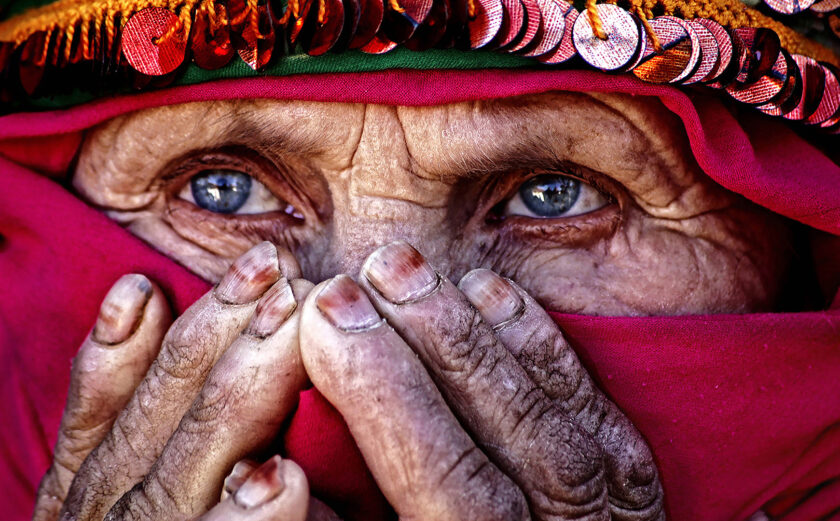
Core Standards for Survivor-Centered Support of Sexual Exploitation, Abuse, and Harassment
In 2018, more than 140 of InterAction’s Member CEOs signed the CEO Pledge of Preventing Sexual Exploitation, Abuse, and Harassment by and of NGO Staff.
One of the 16 Pledge commitments asked CEOs to “[r]ecognize the immediate and long-term effects sexual abuse, exploitation, and harassment have on [NGO] staff and the people [they] serve, and [to] … ensure [their] organizations have robust policies and funded mechanisms to provide the necessary support.”
However, there has been no standard to date in the provision of sexual exploitation, abuse, and harassment (SEAH) survivor support across organizations. In practice, this means that a survivor may receive a different level and standard of care depending on which organization employed the perpetrator. Additionally, the lack of clear standards has resulted in confusion among humanitarian and development organizations regarding an organization’s responsibility to a survivor of SEAH.
To address this, the From Pledge to Action survivor support subgroup at InterAction developed the Core Standards for Survivor-Centered Support of Sexual Exploitation, Abuse, and Harassment, which were launched today. The Core Standards set out to ensure that all survivors of SEAH are entitled to adequate support services, regardless of which organization employed the person who caused the harm. They provide international development and humanitarian organizations with a set of standards related to safety, medical care, psychosocial support (PSS), accountability, and long-term recovery for survivors of SEAH. These standards necessitate that the survivor be the driving force behind all decisions related to service provision.
It is recommended that organizations begin adopting these standards to ensure standardization across the sector and to build trust in communities in which they work. While there is no formal enforcement mechanism for these standards, all organizations have a strong ethical obligation to address the needs of SEAH survivors.
The Survivor Support subgroup is comprised of a range of small, medium, and large organizations; humanitarian and development organizations; and faith-based and secular organizations. The Core Standards were developed over the course of eighteen months and went through multiple revisions. They were then circulated with the broader From Pledge to Action Working Group for input which was reviewed and incorporated as appropriate. The Standards have since been reviewed by numerous other organizations and reflect feedback from a wide range of stakeholders.
For more information about the Core Standards, the From Pledge to Action Working Group, or InterAction’s PSEAH work more broadly, please contact Meriwether Beatty.






